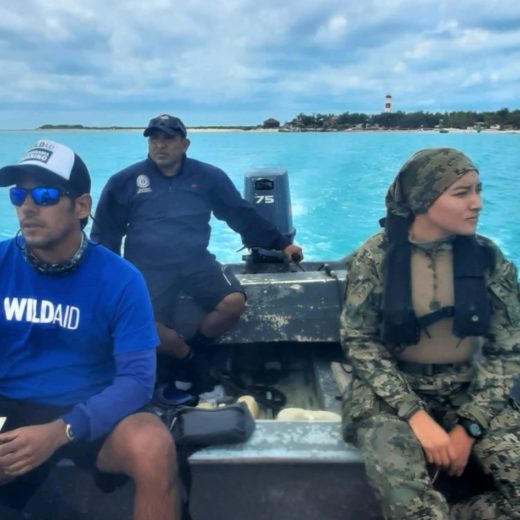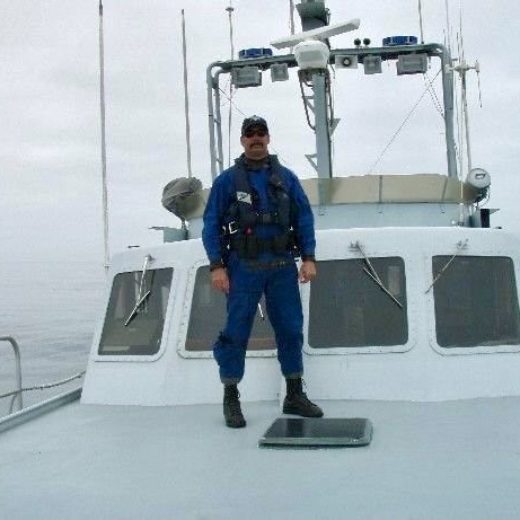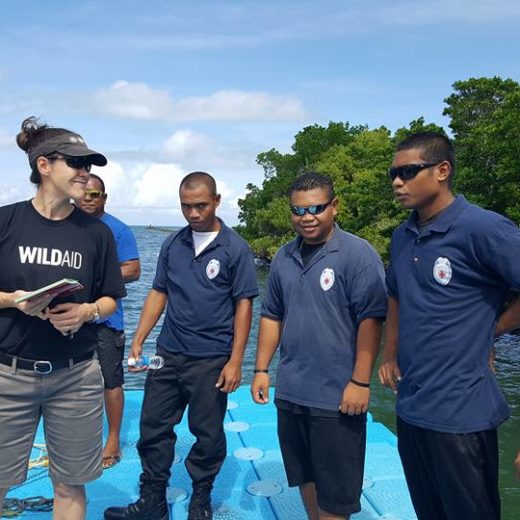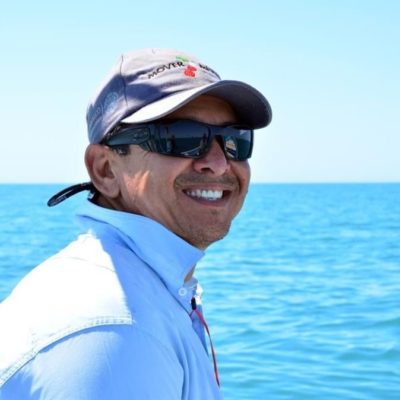
WildAid would like to recognize the passing of a true hero of conservation, Paco Valverde. His loss deals another blow to the already dismal vaquita situation in the Gulf of California. A dedicated marine biologist and head of the San Felipe, Baja office of the Mexican National Commission for Protected Areas, Paco was integral in local vaquita and marine conservation efforts. He had a smile almost as big as his heart and will be deeply missed.
With the help of maritime radios donated by WildAid, Paco and other local fishermen carried out vital acoustic monitoring of the vaquita population. Precise population monitoring by visual surveys is near impossible because vaquitas are inherently hard to see and have become so rare that sighting rates are very low. Passive acoustic monitoring (PAM), which uses their echolocation clicks, has been integral in monitoring the status of the vaquita population and helping to implore the Mexican government into taking further action to conserve and protect the world’s rarest marine mammal.
The vaquita porpoise, the world’s smallest and rarest cetacean, is only found in the upper Gulf of California, Mexico. Despite efforts by conservation organizations and the Mexican government, the vaquita population has fallen to 10-15 individuals, representing a decline of more than 95% since 1997. This population has steadily declined due to unsustainable bycatch in gillnets set for another endangered animal, the totoaba. Poaching has increased in recent years due to the high price totoaba swim bladders fetch on the black market, with a single bladder having sold for up to $50,000.
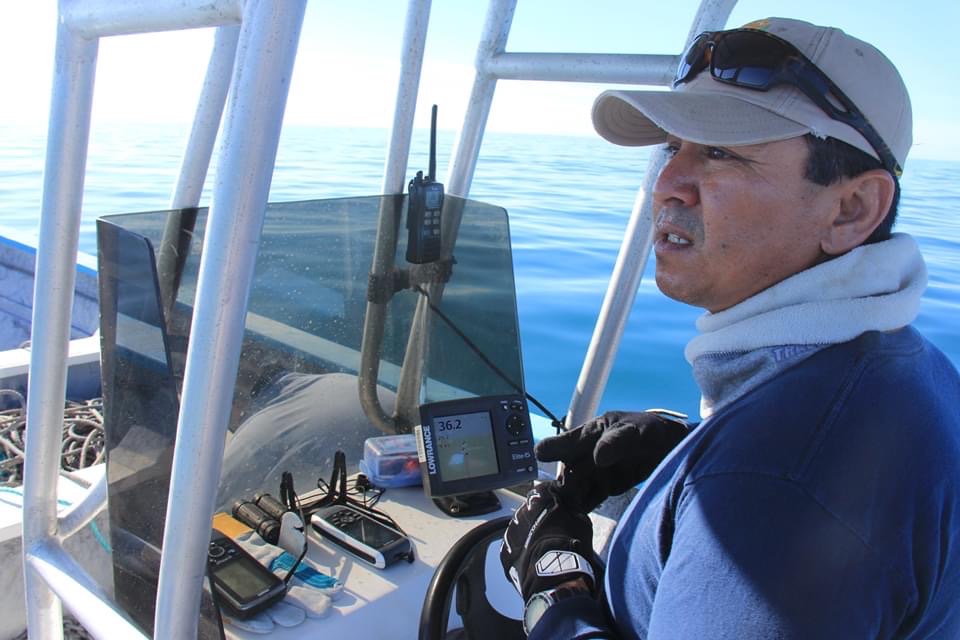

A friend and colleague, Lorenzo Rojas-Bracho, remembered Paco for his steadfast dedication to protecting the natural world: “We all have heard that nobody is indispensable. Maybe that is true. However, our Captain Paco is indispensable and irreplaceable. There will be no other Paco. The word “no” did not exist in his vocabulary when it came to his work for the conservation and sustainability of the Upper Gulf of California. …Paco always acknowledged his parents for his love of the natural environment, his scientific training, and appreciation of the art of Nature in any expression or form. …The world will not be the same without people like Paco.”
His dedication and passion for the Upper Gulf were unmatched and his passing will be felt far and wide. Paco Valverde passed away last weekend from complications due to COVID-19.
If you would like to support families like Paco’s, now reeling from loss, donations can be made to CEDO.org, a nonprofit organization registered in both Mexico and the USA, working to improve the lives of fishermen across Baja Norte, including providing timely support to families impacted by COVID-19.
Stay in touch and get the latest WildAid updates.
SIGN UP

